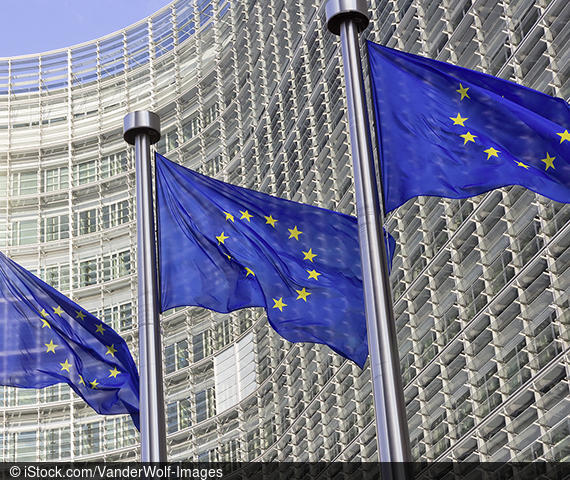A European Monetary Fund Could Be Open to Abuse
CommentOn 6 December 2017, the European Commission presented its proposals on how to further integrate Europe's Economic and Monetary Union. The roadmap set out by the EU Commission includes, for instance, plans to introduce a European finance minister in 2019 as well as to transform the European Stability Mechanism (ESM) into a European Monetary Fund (EMF) with the aim of supporting Eurozone countries in the event of an economic or financial crisis. Professor Friedrich Heinemann, head of the Research Department “Corporate Taxation and Public Finance” at the Centre for European Economic Research (ZEW), offers his view on the matter.
“At its core, the proposal of the EU Commission contains a number of good ideas. It is true that the Eurozone is in urgent need of a new approach to relieve the European Central Bank of its responsibility to finance Eurozone countries which are deep in government debt. The Commission’s blueprint for the EMF has, however, one major shortcoming: it fails to take cases of sovereign default into account. Turning sovereign default into a taboo subject could be dangerous and potentially very costly for the Eurozone countries in Northern Europe.
A European Monetary Fund with new and comprehensive stabilisation powers could be abused to make massive transfer payments to heavily indebted Member States. It would also be less than desirable to curtail the role of the International Monetary Fund (IMF) in Europe. The involvement of international institutions had a very beneficial influence on Eurozone countries that were hit by the crisis of 2010–2012. Without their presence, there would have been many more ill-advised compromises and attempts to stretch loopholes and rules. From a political point of view it is understandable that the EU Commission is jumping at the chance to push through its proposals at a time when Germany is yet to form a government. But it is becoming increasingly clear just how costly this period of political vacuum could be for Germany.”
For further information please contact
Prof. Dr. Friedrich Heinemann, Phone +49 (0)621/1235-149, E-mail friedrich.heinemann@zew.de
